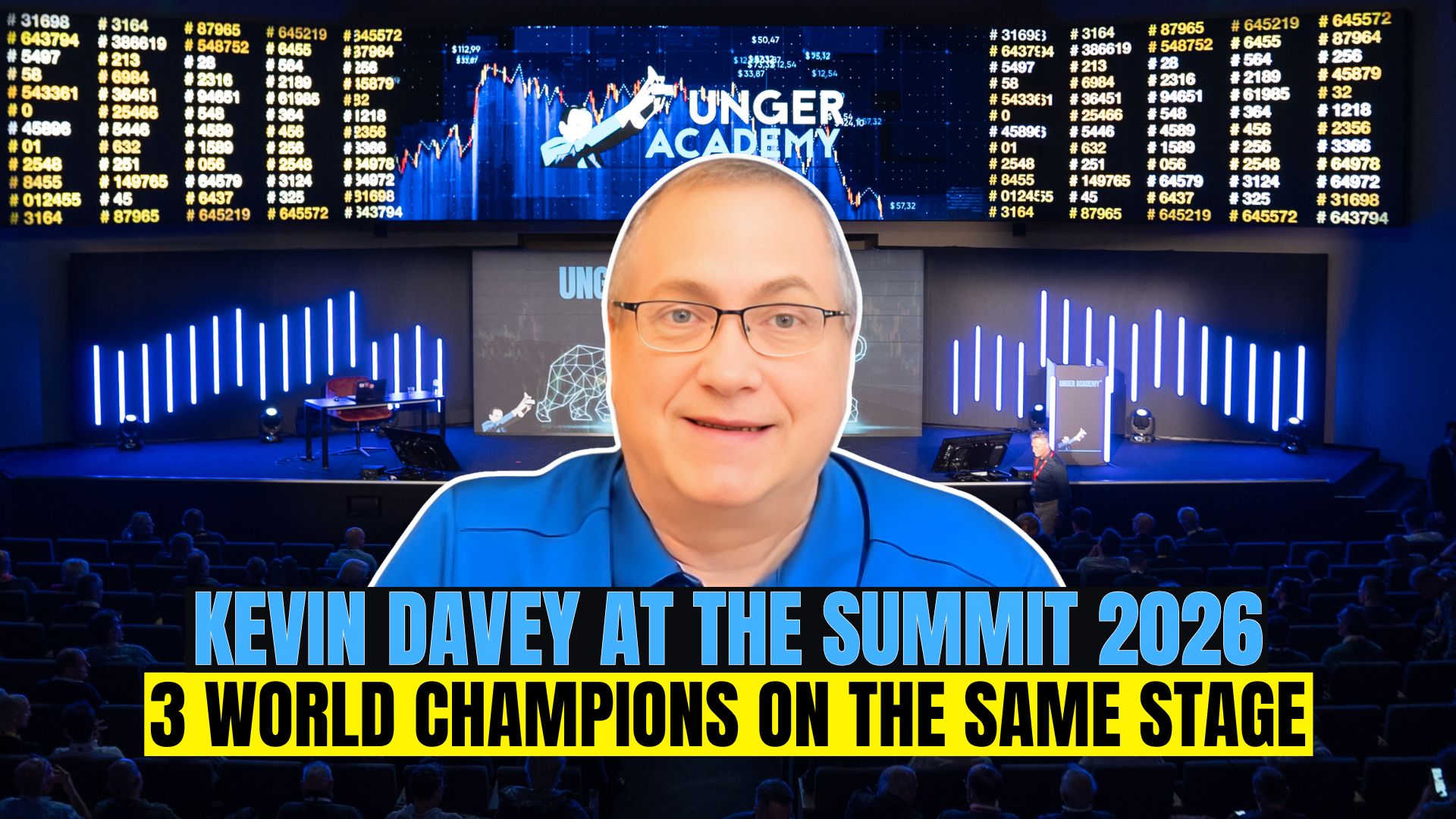Hi guys, hi from Andrea Unger! Today I’d like to talk about trading with a small capital. Is it possible? And if so, which markets can be traded? And with what precautions?
It often happens that people either don’t want or can’t dedicate too much capital to trading. So, they want to start with a small amount of money they don’t consider as dangerous. This is absolutely fine, so the question is, how and which instruments can we trade with a little capital?
The most important thing is that you always have to start from the concept of risk. Please notice that, in this case, we speak of downside risk only, as upside risk, although it’s a very nice kind of risk, doesn’t actually help in this context. For those who don’t know it, downside risk is how much we are going to risk to lose when we open a trade.
Losses need to be compatible with our capital. So, they don’t have to impact too much on our equity. This means that, when we are hit with the stop loss – which is something that obviously happens – we shouldn’t lose more than 2%.
However, if our capital is very small, we cannot adapt our stop losses to stay within 2%. For instance, trading with a stop of two ticks wouldn’t certainly work, so, we need a system that makes sense.
Risk is always the starting point. As a matter of fact, we always have to check if the loss that derives from the stop loss is compatible with the risk profile we have.
But what markets can we trade if we don’t have a large capital? The first that comes to my mind is Forex. Forex offers tremendous downside scalability. Actually, you can scale down to mini- and micro-lots, which allow you to trade as small as you need to stay within your risk parameters.
In addition to Forex, which is obviously a good opportunity to start with, there are also CFDs (contracts for difference). They are not allowed everywhere, but where they are, they can be considered. The important thing to pay attention to when you choose an instrument is that it offers a decent bid-ask spread, as sometimes spreads are so wide that you cannot actually trade them.
Both the Forex and CFDs are normally available through the Metatrader platform, which is generally offered for free by brokers. This platform is not very easy to program, but you can learn the basics that you need.
With this set of instruments and software, you can start with a small capital and keep your risk parameters within what you need. So, this is a very interesting opportunity, if you are willing to trade with little money.
Actually, there is no downside limit. However, if you want to trade with a $1,000 capital, you should keep in mind that it’s impossible to turn them into something you could live on. Believe me. You could have some luck, but we shouldn’t consider that. This is not the way to get rich; it’s the way to trade, to have your hobby, to learn something and so on. But it’s not something you can live on.
If you have a bit more money (about $20,000), you can consider more markets. For example, you can trade Live Cattle with a $400 stop, which is about the 2% of $20,000. So, a strategy on Live Cattle that trades with a $400 stop is something you can consider with a $20,000 account.
Let’s talk about heavier markets. The DAX, for instance, is a nice market, but it’s too expensive. So, you can consider trading the MiniDax, which is 1/5 of the DAX. This means that instead of the €1,500 stop that you need on the DAX, you can trade it with a €300 stop.
In some of my videos I also mentioned Gold. Gold is a great market to develop systems on, but it’s also too expensive, as stops should be about $1,000, $1,500 or $2,000. This is clearly not applicable with a $20,000 account. There is the Mini Gold, but I don’t suggest that you trade it, as the volumes are too low. Instead, you could opt for the Micro Gold. It’s a good market to trade small and works.
Don’t consider the Mini Silver, as it is too illiquid. The Mini Crude Oil is liquid enough, but it doesn’t scale down that much from the Crude Oil.
To sum it up, all the Mini futures can be traded, if they offer a good opportunity. Even the e-Mini S&P 500 could be an option, as there are some strategies that work with a $600 stop. However, I think $600 are too aggressive for a $20,000 account, so to use them you should have a $30,000 capital.
I don’t mean that you cannot trade it on a $20,000 account. Only it’s too aggressive, because your risk would be higher than 2% of your capital, and this is dangerous. I also don’t say that 2% is fair, I’m only saying that more than 2% is too aggressive, in my personal opinion.
So, there are some markets you can consider if you don’t want to put too much money into your trading account. Of you want to trade small with some more money, but don’t want to risk too much, these are the solutions to start with and then, once you learn, you can have more opportunities.
Stay tuned, more to come!
Ciao from Andrea Unger!







